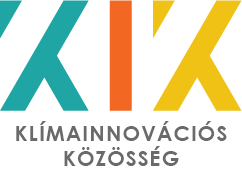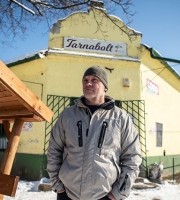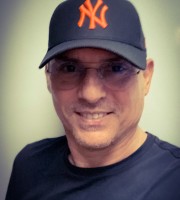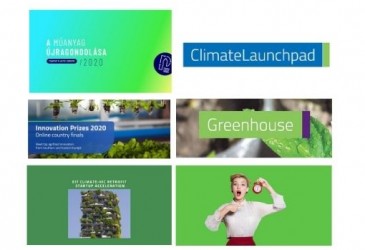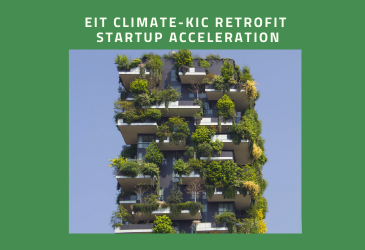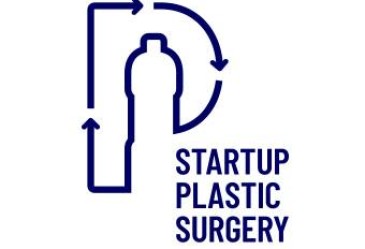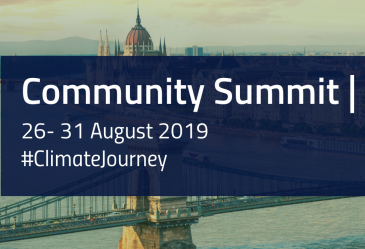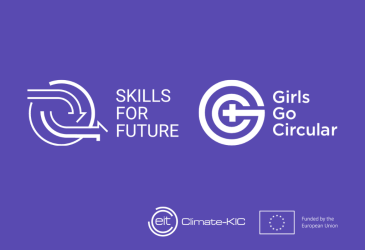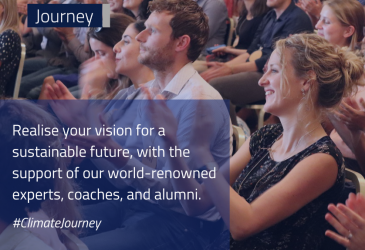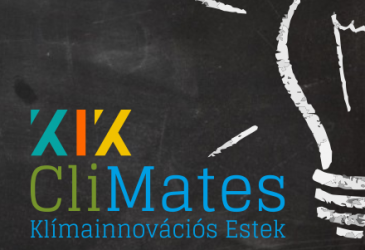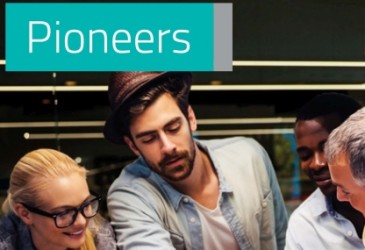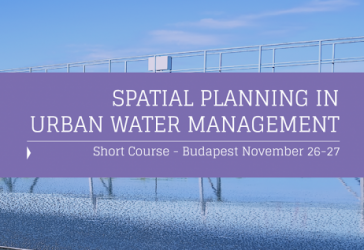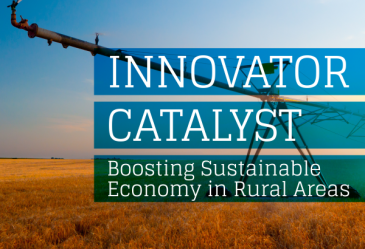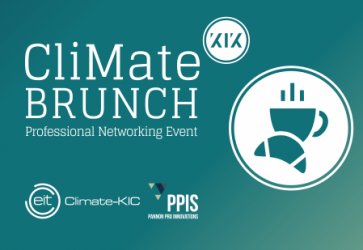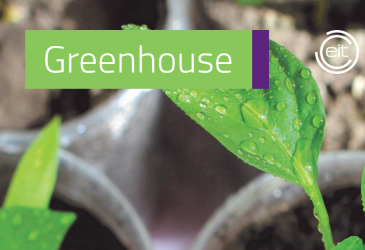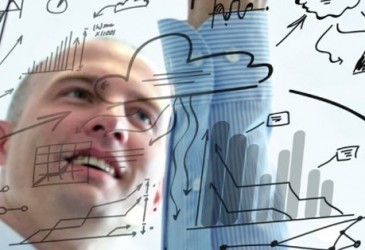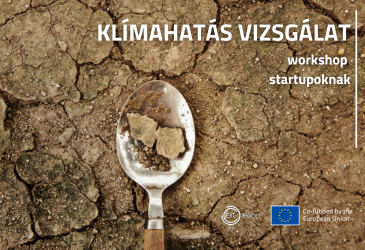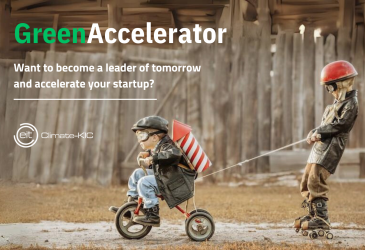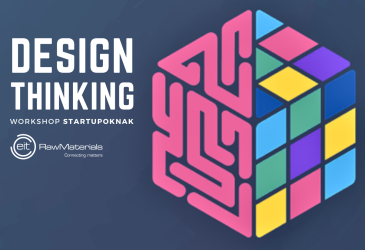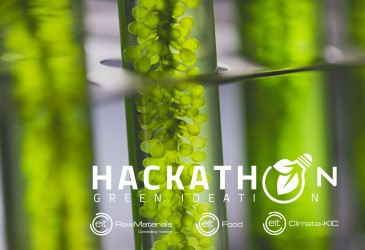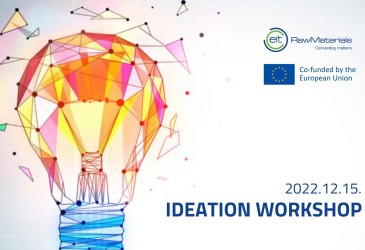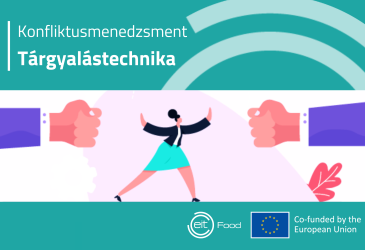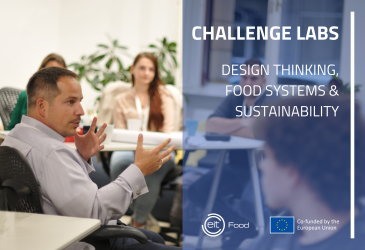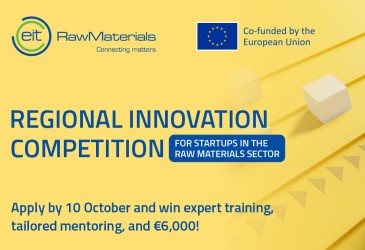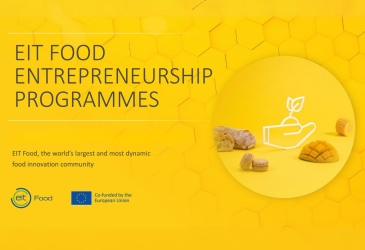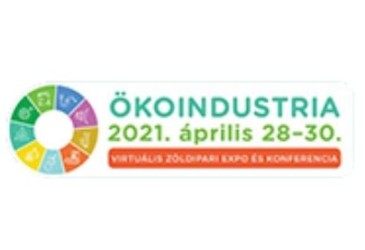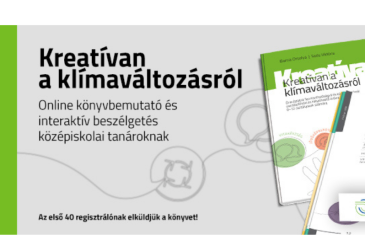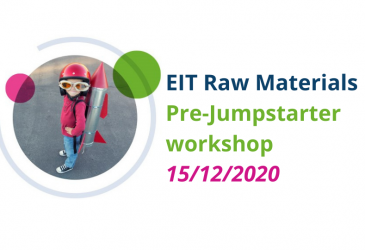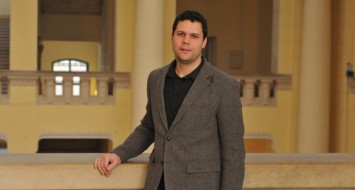
I’m Tamás Koncsos civil engineer and PhD student at the Department of Sanitary and Environmental Engeering, University of Technology Budapest and I’m the leader of the I-WASP project. What is I-WASP?
I-WASP is a state of the art decision support system for waste water treatment plant operators and decision makers. Both operators and decision makers have different aspects and criteria to meet: The operator has a priority to enhance effluent water quality, while the decision maker is also interested in reducing costs. The whole idea is built around the idea to resolve this paradox. The decision support system aims to reduce energy costs by modelling operation scenarios and finding optimal solutions. The engine simulates the process of biological treatment, while the optimization goal is to find solutions for aeration and recirculation alternatives. Electric energy reduction is also important because of two reasons: In an average case the energy bill takes one third of the whole budget of a WWTP, which is significant. Secondly one per cent of the communal electricity consumption is due to biological wastewater treatment. As we can see this is strongly related to the topic of sustainable development and climate change.
In what stage was your project before your application to the Climate Launchpad programme?
Our start up takes place in the industrial sector; it is industrial software and also a research programme because nobody has done this before. We are currently in the pre-prototype stage, so basically it’s a concept with a functioning demo. Before the Climate Launchpad programme, we signed a contract with the operators of a large waste water treatment plant. At this point we collected data, we analysed the system and checked how we could introduce the program.
Why did you apply to the programme?
I applied to the programme because two years earlier I participated in the Pioneers into Practice Programme, which is also a Climate-KIC programme. One day I got a phone call from an earlier participant. He said I could also participate in the Climate Launchpad programme if I have some idea or prototype which is related to sustainable development and climate change. So basically that was the beginning of the participation.
Did you already have a prototype of your project?
Yes and no. We already have a demo, the concept is working, but some parts are still under research. Officially it is not a prototype. If you have a prototype that means you have a finished product in this case. The current demo is calibrated on the given wastewater treatment plant, but we would like to create a program which can be used at other plants as well. It is in a pre-prototype phase now, I would say.
What did you gain through the Accelerator programme?
We experienced a lot. We wanted to see how we could improve the marketing presentations. We are engineers, we think in terms of engineering not marketing. We learned how we could improve our marketing skills and how to find business partners. Of course we also gained business partners through the programme itself. Another part of what we learned was about the product improvement, how we could make a better graphical design, how we improve other parts for example. The presentation feedbacks from IBM, Ernst&Young etc. were very helpful, and the organizer MyCo ltd did a very good job.
Did the programme meet your expectations?
Well I would say the programme met my expectations, but I don’t have too much in comparison. This was my first time participation is such a programme, so I really don’t have a perspective.
If you could change anything in either programme what would it be?
In general this is a very good programme. I would rate it 8 out of 10, so not too much to improve on. Although in the first part of the programme there were a few not so interesting ideas. But the programme also consist of sharing ideas independent from the fact they are brilliant or not.
How are you doing now? In what stage is your project?
We are currently looking for more business partners. For that we also need to make our pre-prototype into an actual prototype. For this we need some changes in the concept. We have a two-year plan. Within these two years, we would like to have our product finished. And then, in the first phase we would like to find more business partners in Hungary. Later we would like to enter the European market, besides that we see forward to cooperate with MyCo in the future.
What would you suggest to a potential Climate Launchpad applicant?
This question is quite difficult for me to answer. I would say if you have a good idea you should make reality of it. That’s basically it.
The interview was conducted by our trainee, Joris Staeb. Thank you Joris for your great job!
